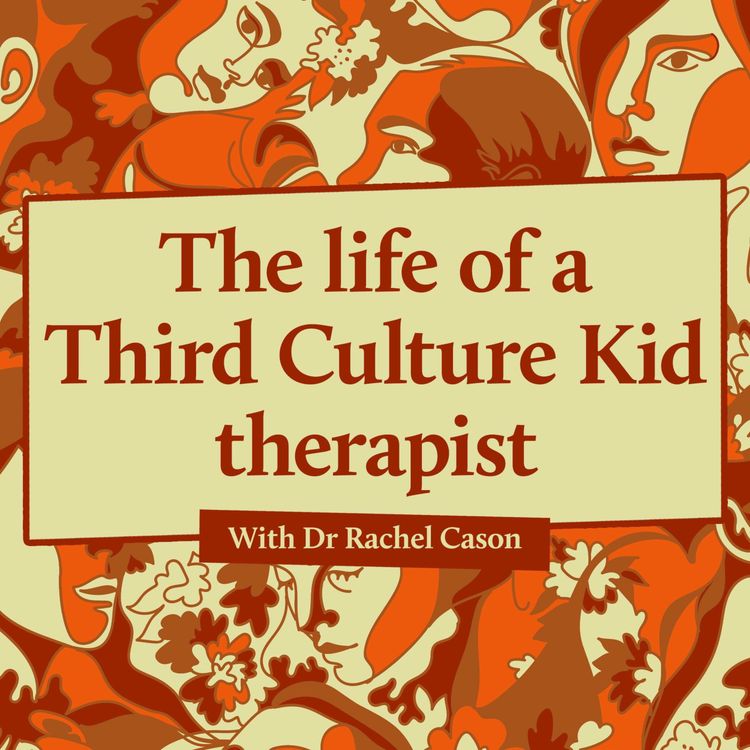Share

The life of a Third Culture Kid therapist
116 - Initiating Change Protocol
•
This last week I hit a familiar feeling - low motivation, a sense of 'what's the point anyway?' and general resistance to the elements and rhythms of my daily life. As with all of my confusing feelings, I tried to look at the context around it - and realised I was coming up to my three year mark: It's nearly three years I've been in this new house and my TCK clock was getting ready to lose it.
More episodes
View all episodes

170 - TCKs and Maslow - Safety Needs
20:28|And here we have the second instalment of our Maslow series... Safety Needs! What does safety and risk actually mean in our TCK stories? And how do we see these play out in our current chapters?
169 - TCKs and Maslow - Physiological Needs
21:32|This is an episode I've been pondering a while - how do TCKs perceive their own needs in terms of an internalised hierarchy? I explore where Maslow's ideas and my own observations around need-juggling and autonomy interact here - and specifically around our physiological needs.
168 - Incoherent
18:26|Today's episode is pondering around how hard we work to create coherence, and my own experience this week of wanting to let incoherence be. TCKs often work so hard to prune and curate their stories, and I'm exploring here the relief I feel at not doing that today. Thanks for joining me!
167 - The Rules that Find Us Wanting
20:30|What if we actually listed out our expectations of ourselves? What if we really allowed ourselves to acknowledge the many and competing ideas of how we 'should' be, the ones we have collected through our cultures and places - and sat with how utterly impossible they all are to satisfy? And then let go and grieve...
166 - Now I Can Be Scared
21:08|I felt fear this week - fear jumping over time stamps, into my now. How do we explain feelings that show up out of space and time, dislocated within our own story? How do we understand fear when we are safe?
165 - Art that Retrieves our Story
21:08|This weekend I went to a print fair - and found a piece of art that triggered an unexpected TCK encounter. What is it about images that can press on those tender parts of our story so well?Check out the artist at www.beicreative.co.uk or on Instagram @_beicreative
164 - Loneliness and TCKs
23:11|I had some soft slow sadness hit this week - and it took me a while to identify it as loneliness. This episode explores where and why loneliness might be a familiar part of our TCK story.
163 - Dancing on Social Convention
26:03|So I've just been to a wedding - and broke a few of my own self-imposed rules. Here I talk about the moment of choice - to sit back and wait and watch before acting, the context necessary for the risk I took, and the after-effects of the choice I made.
162 - Feelings as Clues
21:17|In this episode, I observe the difficulty so many TCKs have with acknowledging their feelings - especially feelings of discomfort. Why is this, and what do these feelings have to contribute to our story?